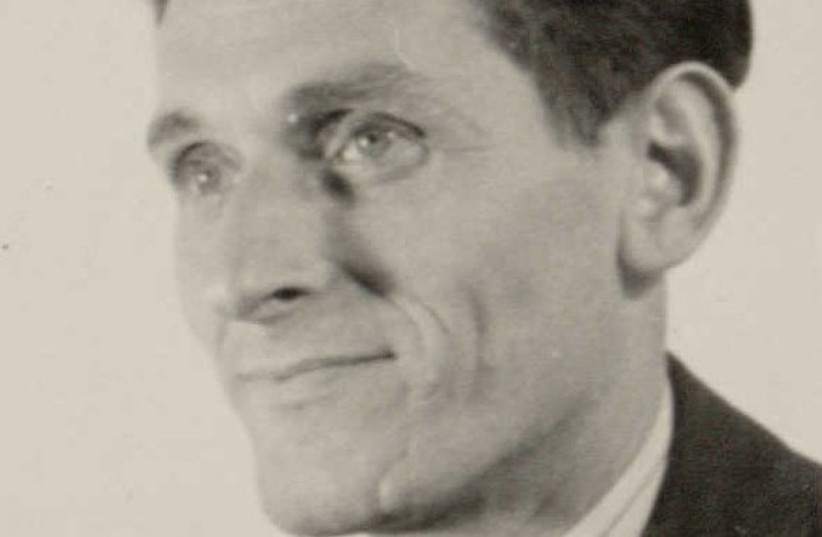The remains of the Jewish resistance fighter Bernard Luza have finally been identified thanks to new improvements in DNA testing, the Dutch defense ministry tweeted on Wednesday.
39-year-old Luza had been shot dead in 1943 after taking part in the resistance efforts against the Nazis and their allies. He was buried in an unnamed grave at the Loeneen National Ereveld resting grounds in 2013 but only identified now.
The DNA was made possible thanks to a relative coming forward in Australia, the Jewish News Syndicate (JNS) reported.

“Now, through the use of DNA technology employed in a relationship study, his [Luza’s] remains were finally identified,” Geert Jonker, head of the Dutch Defense Ministry’s forensic unit specializing in identifying human remains, told JNS. “After more than 80 years, his relatives finally have certainty about the fate of their missing family member,”
The life and death of Bernard Luza
Luza had been arrested in Northern Amsterdam in a factory, alongside hundreds of other Jews. He was the leader of a resistance group that was distributing newspapers with information banned by the authorities.
“Seen as the leader of a resistance group, Luza was accused of distributing an illegal underground newspaper and calling on people to commit sabotage,” the Dutch Defense Ministry said in a statement.
He was murdered the same year as his arrest, by a firing squad, and buried in a grave with four others near Schipol airport. The gravesite had initially been discovered in 1945 but the bodies were not immediately identified; with one more still awaiting identification.
As for Luza’s family, his wife Clara and daughter Eva were killed in the Sobibor extermination camp. Luza’s father Solomon and five of his brothers were killed in Auschwitz and Sobibor camps.
